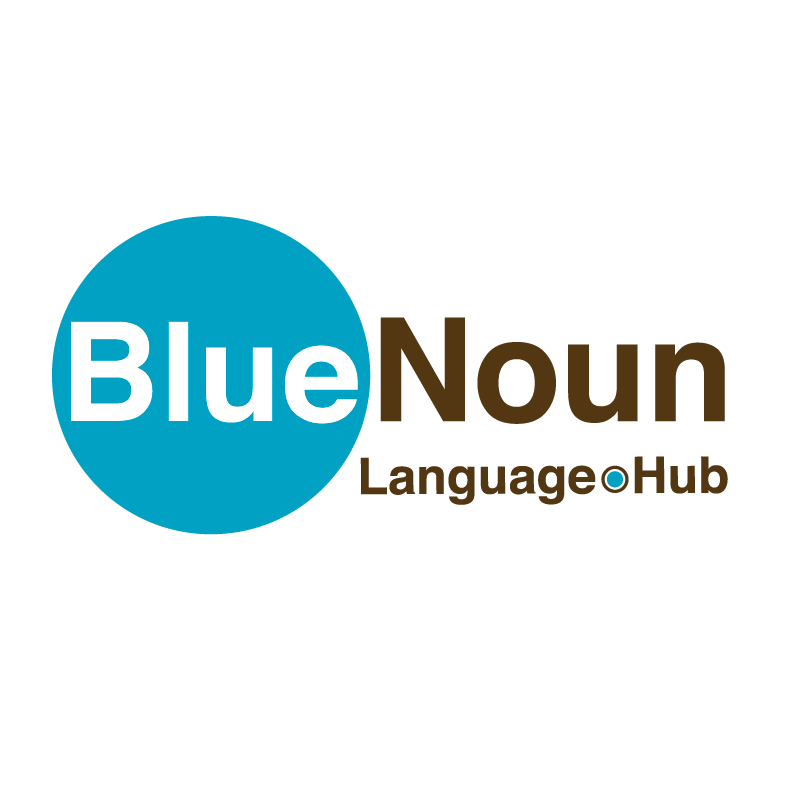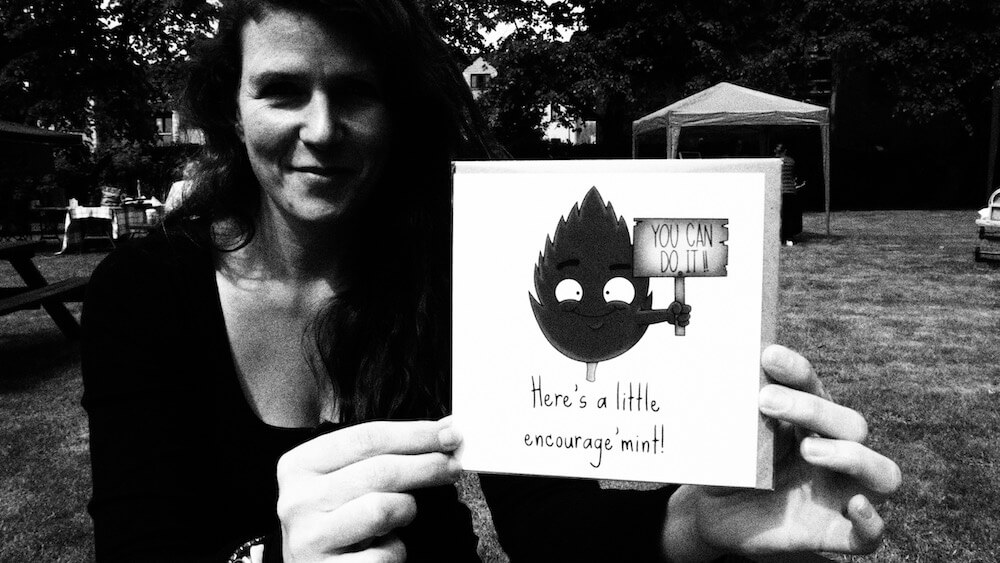Are Your English Conversation Holidays Fun?
To answer this question we need to look at the word ‘fun’ and expectations around it.
Our holidays attract people with missions in life.
People with stuff to do.
People who work hard and for whom time is precious.
And we share experiences which help them fall in love with using their English.
Conversations which build confidence and fluency.
You don’t return home the same person.
Our English conversation holidays are fun if you enjoy getting better at something: setting yourself challenges and achieving them.
For many of us, that is ‘fun’: living hard, well, richly.
However, it needs to be clear that is not gaining rewards without effort.
In this blog post, we ask if we need to take fun seriously – and whether language learning can bring results without effort.
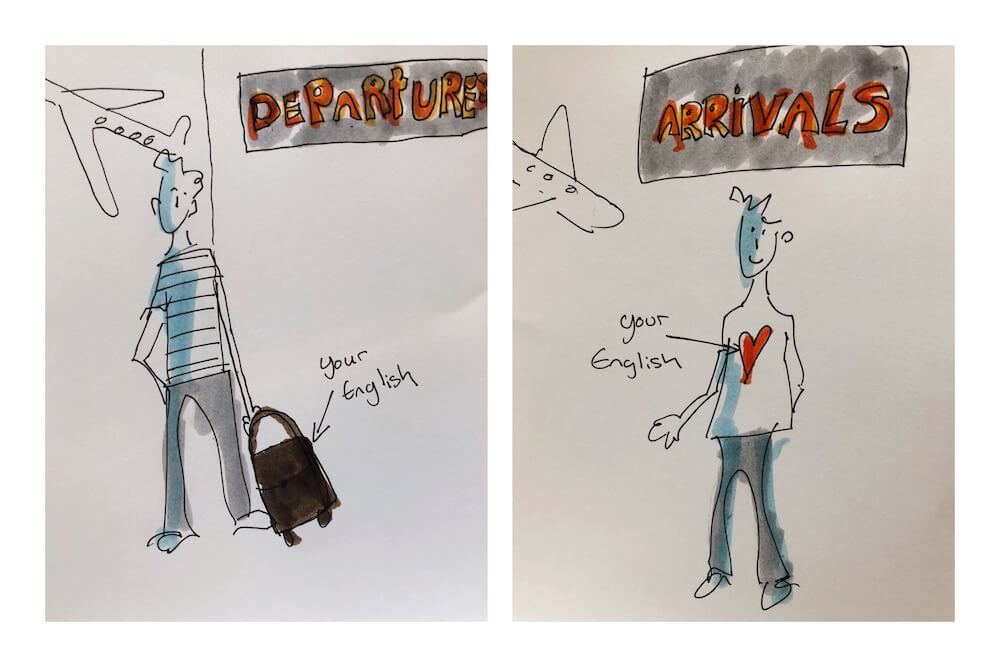
Speak English in Scotland
Our English conversation holidays are fun, but not in a gamified, spoonful-of-sugar sort of way.
They are fun but not effortless.
We take you around Scotland to talk.
It’s not like a coach tour where you can dream your way through Scotland as an observer, without leaving a mark on the place.
Our holidays are designed to get you interacting, connecting, exploring and thinking in English.
They are fun for people on a quest to get real English experiences to bank in their hearts and use later.
It’s Not Passive Learning
Our English conversation holidays support and coach people feeling shy or unconfident using English as a second language (that’s normal).
They are not fun for anyone unwilling to take risks, or expecting to absorb language passively.
It’s not a trip to the cinema.
We give you real English-speaking situations.
Real people with real stories to tell.
(And ask you to share yours).
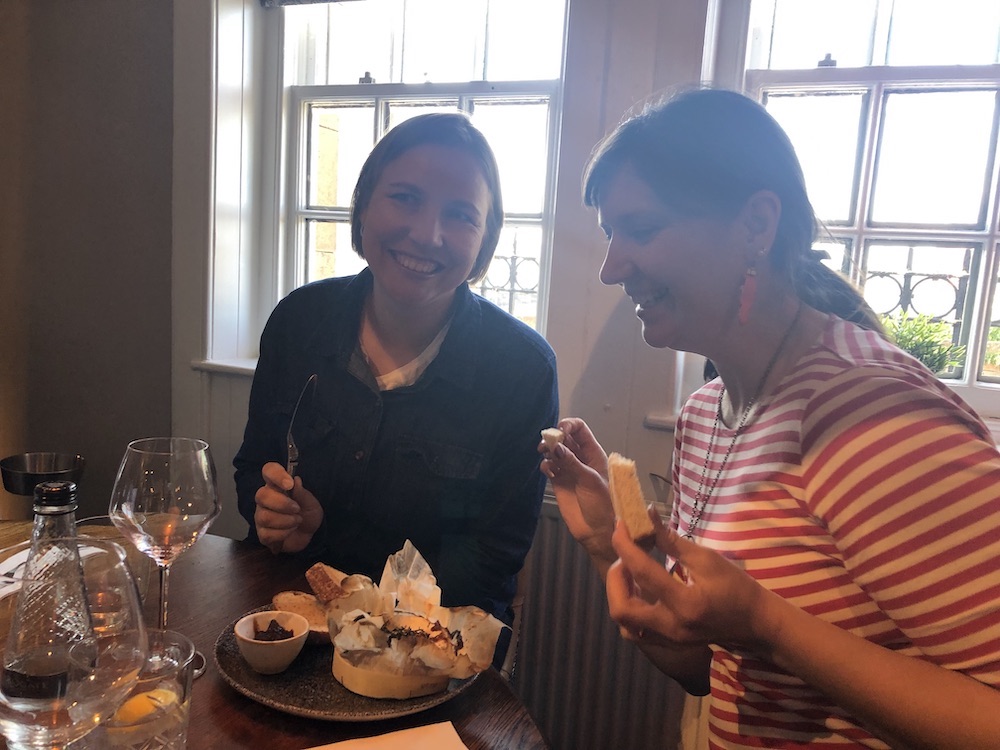
“We’ve misunderstood fun to mean something like enjoyment without effort…”
Ian bogost
About Defining Fun
In his talk, Wired by Design, Ian Bogost claims:
“We’ve misunderstood fun to mean something like enjoyment without effort…
Concept Bureau
In this week’s newsletter, Concept Bureau founder Jasmine Bina shares her interpretation of Ian Bogost’s talk.
“Feeling that you are having fun at something is a sign that you’ve given it respect”.
Jasmine Bina, Concept Bureau
“It turns out, it doesn’t involve making something easier by rewarding it with points as if life is some latent version of Space Invaders. Instead, fun means deliberately manipulating a familiar situation in a new way. And we can only have fun once we’ve accepted the truth of that situation treated it for what it is…“.
Jasmine Bina, Concept Bureau
“Watching Netflix WON’T Make Your English Better”
In a recent LinkedIn post, ELT teacher Sangeeta Sathe wrote:
“Watching Netflix WON’T make your English better!
I know, everyone says it’s a good idea BUT passive activities – watching Netflix, scrolling through English content on social media, listening to music – will not make much difference to your level of English.
Sorry, but it’s true!
However, adding some quick and easy ACTIVE tasks WILL make a big difference over time.”
The Seduction of ‘Easy’
Sangeeta’s post got many comments from English teachers, all supporting her – and perhaps relieved to see this prevalent myth being challenged.
Many online teachers do promise ‘easy’ results (it’s a very attractive offer) but be wary.
Think back on skills/learning you have achieved in your life.
Although we can have natural aptitude, significant advancement and transformation still require effort.
Hone Your Skills
Despite graduating from my MFA at art School over 20 years ago, I still practice life drawing to improve my technical drawing skills, free my mind and immerse myself in line.
I find it intense, emotional and demanding, but I also consider it fun.

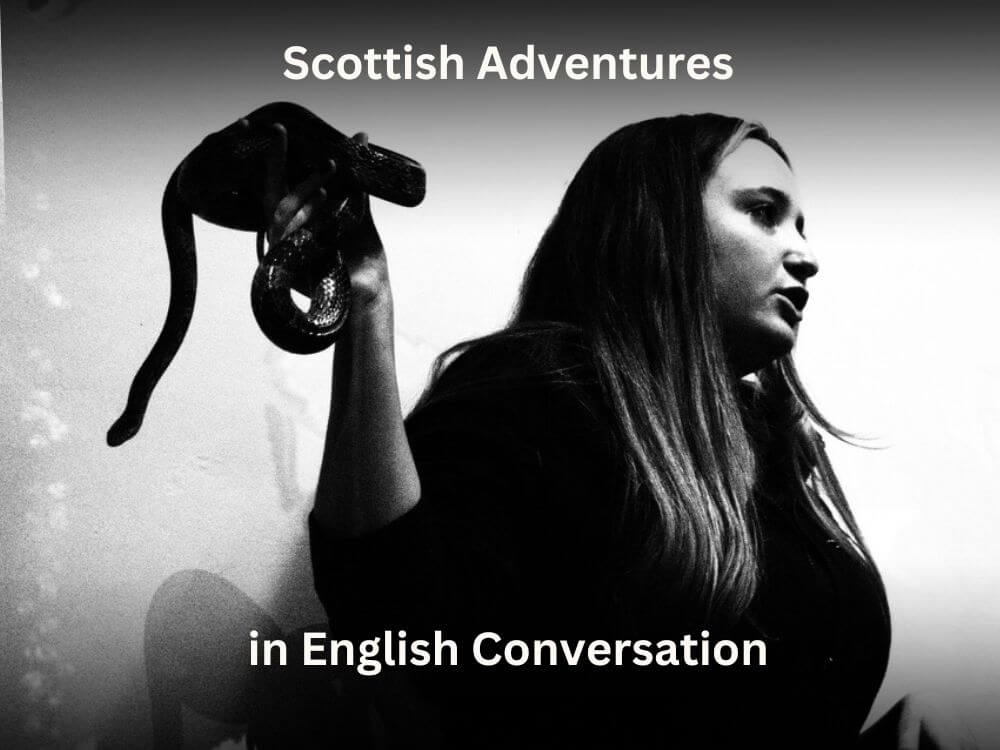
No Classroom English Conversation Holidays
At Blue Noun, we challenge the assumption that language learning best happens in a classroom.
We help people with a background of classroom or book-learned English use their language skills with confidence.
This means our English immersion holidays can include walking in forests, playing golf or exploring museums – and lots of socialising in English.
Not just fun activities.
Components of a global goal of transformation.
You can imagine our conversation activities are a crafted obstacle course, designed to transform you from an English learner to an English user.
Being immersed in the cultural life of a new place and language is challenging, rewarding and transformational.
Yes, it’s fun.
But it’s certainly not effortless!
